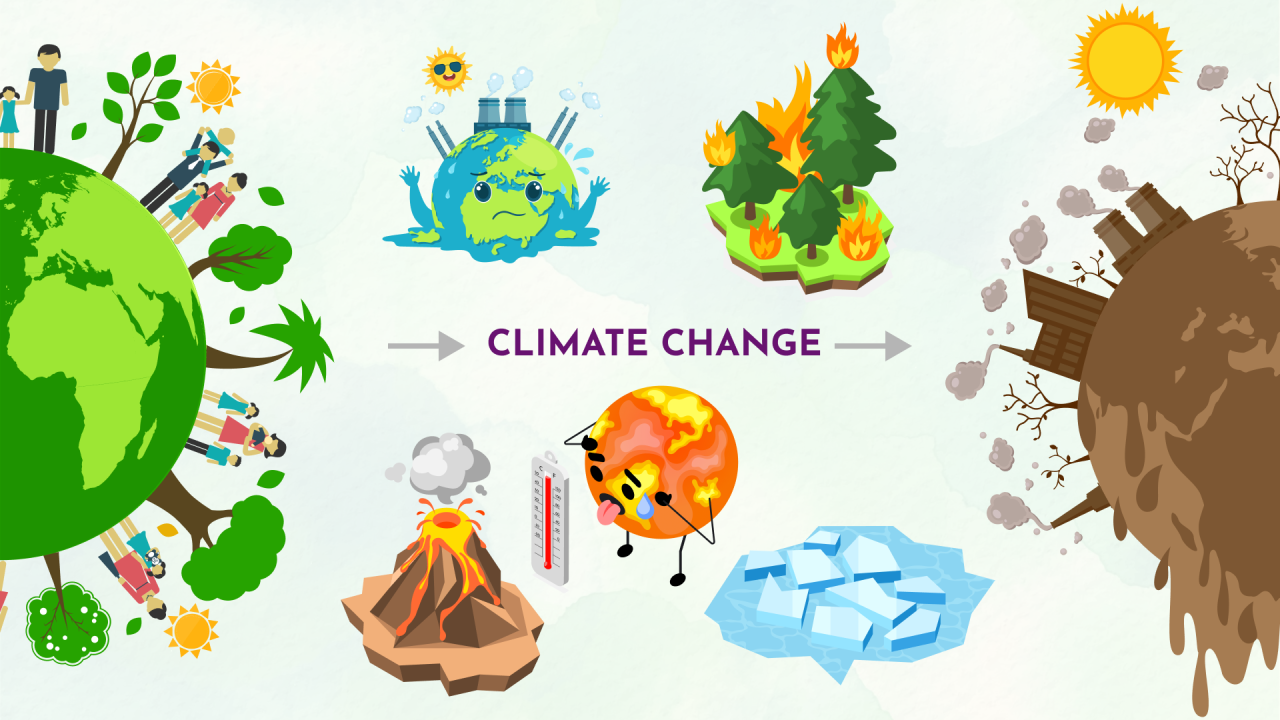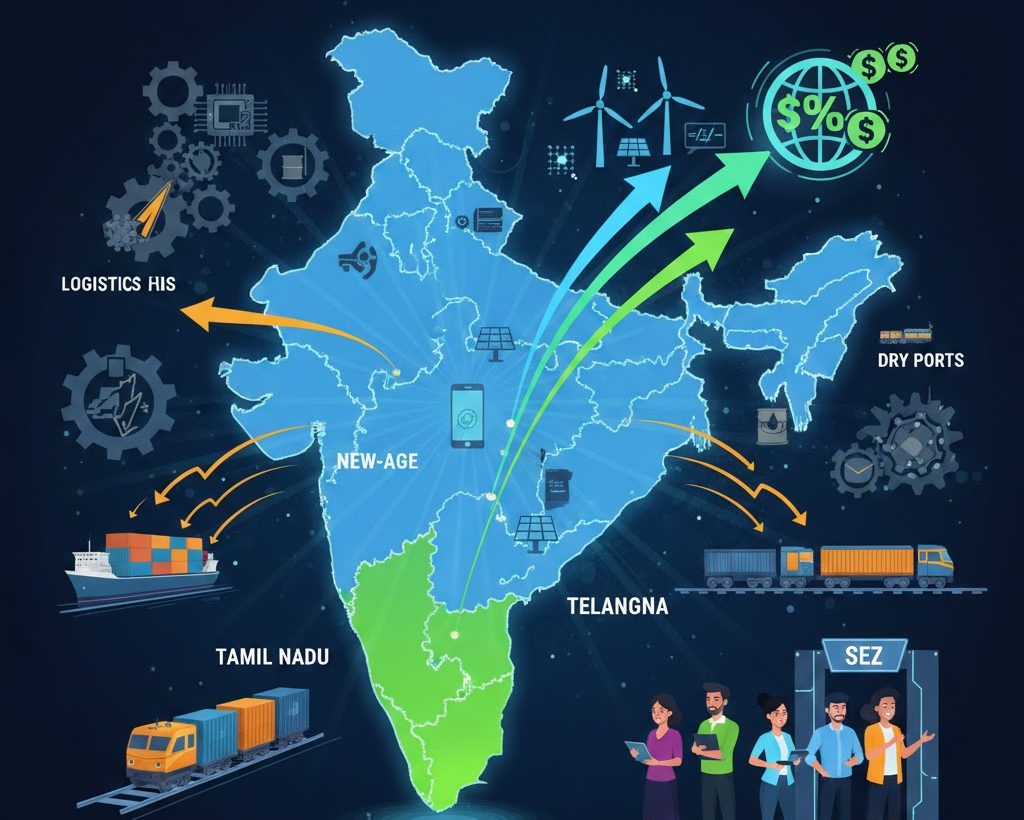Font size:
Print
Food Inflation Remains as a Challenge
Context:
Retail food inflation in India saw a modest decline in December, dropping to 8.39% year-on-year, compared to 9.04% and 10.87% in the preceding months.
More on News
- Despite this softening, further reductions depend largely on the supply situation of key commodities, which remains finely balanced, and on the duration of the ongoing winter.
- As of January 17, farmers have sown 320 lakh hectares (lh) of wheat for the rabi season, up from 315.63 lh in 2023-24.
- Other crops like chickpeas (chana), maize, potatoes, onions, and tomatoes have also seen increased sowing, while mustard acreage has decreased.
- The expansion in sown area is mainly attributed to surplus rainfall during the southwest monsoon, which replenished reservoirs, recharged groundwater, and provided adequate soil moisture for the rabi season.
Wheat
- Wheat Stocks: Government wheat stocks stood at 184.11 lakh tonnes on January 1, the fifth-lowest level for this date since 2008.
- Price Surge: Wheat prices in Delhi are Rs 3,150–3,200 per quintal, up from Rs 2,550–2,600 last year.
- Reduced Market Offloading: Only 12.42 lakh tonnes were offloaded under open market schemes between April and December, compared to 100.88 lakh tonnes the previous year.
- Cautious Government Approach: The government is limiting sales due to uncertainty over the 2024 wheat harvest, as the previous three crops were subpar.
- Procurement Concerns: If the 2024 crop underperforms, procurement for public distribution may be challenging, with market prices significantly exceeding the MSP of Rs 2,425 per quintal.
- Weather-Dependent Harvest: A successful harvest depends on mild temperatures (early-thirties Celsius) during grain development in March-April. High temperatures or early summer could lower yields.
Sugar
- Production Decline: Sugar production in 2024-25 is expected to drop to 270 lt, down from 319 lt in 2023-24.
- Drought Impact: Droughts in Maharashtra and Karnataka in 2023 have reduced cane availability, with early flowering further lowering yields.
- Disease and Pest Issues: Cane yields in Uttar Pradesh have been affected by red rot disease and pest attacks, particularly in the Co-0238 variety.
- Low Closing Stock: The season may end with just over 45 lt of sugar, covering only 1.8 months of consumption.
- Future Outlook: A better sugarcane crop is anticipated in 2025-26 due to surplus rains in 2024.
Potato
- Delayed Planting: Potato planting was delayed by up to 15 days in October due to higher-than-usual temperatures, affecting germination.
- Improved Conditions: Subsequent low night temperatures and ample sunshine boosted tuber bulking and minimised disease incidences.
- Expected Yields: Potato yields are likely to match or exceed last year’s levels.
- Price Drop: Retail prices have dropped to Rs 20 per kg, down from Rs 30 a month ago, as the harvest season nears.
Edible Oils
- Price Surge: Retail prices of palm oil, soyabean oil, and mustard oil have risen to Rs 145/kg, Rs 155/kg, and Rs 165/kg, respectively, from Rs 90, Rs 110, and Rs 135 last year.
- Higher Import Duties: The government increased import duties on crude vegetable oils, raising costs.
- Indonesia’s Policy: Mandatory palm oil blending in diesel rose from 35% to 40%, further pushing up global prices.
- Currency Impact: A weaker rupee has compounded the cost of imports.
- Mustard Shortfall: Reduced mustard sowing due to high October temperatures may prolong price relief.


